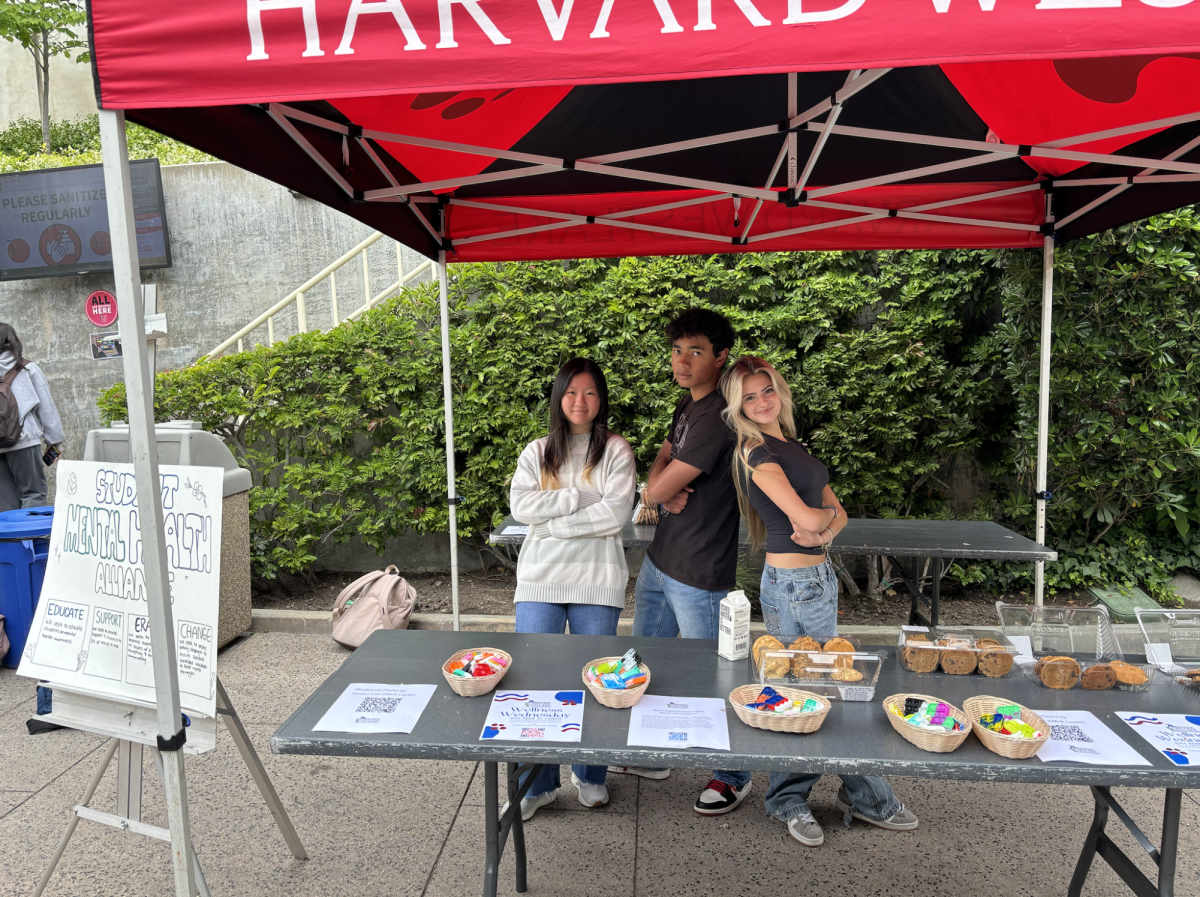By Justine Goode
Though on most days the stage of Rugby Auditorium appears unassuming, over the years the space has developed somewhat of an identity crisis. It has been transformed into the streets of 19th century Paris, the set of a Los Angeles film noir, the whimsical backdrop for a fractured fairytale and is currently in the process of becoming the little village of Anatevka for Novemberâs production of “Fiddler on the Roof.” A small group of people is responsible for deciding just where audiences in Rugby will be transported each year.
Christopher Moore, Rees Pugh, Michele Spears and Ted Walch form the committee that annually discusses which plays and musicals will be good choices for the upcoming year. Pugh, Spears and Walch alternate directing productions, though never on any specific rotation schedule. Moore acts as producer for most of the stage productions.
“The director of any given project is the main influence in the decision making process since they will be spending the most time working on the project,” Moore said, who spoke on behalf of the department.
“Of course, they want to direct something they enjoy, something they think would be good for our students and would be both a fun as well as an educational project for our actors, student crews and designers,” he said.
Though the committee usually makes their decisions for shows prior to graduation of the previous year, the teachers rarely stop thinking about future projects, even when the productions for a given year are settled.
Well-established shows are always considered, as well as productions of new plays performed in locations as diverse as New York, London and the Oregon Shakespeare Festival.
There are several factors involved in selecting shows. When considering a show, the directors ask a number of questions, starting with, “Is it a good show for both our student actors and musicians, and will it be something our audiences will enjoy?” Other factors include the availability of the rights for a production, the size of the cast and the message of the show. “[We wonder,] will both the students and audience be moved, entertained, learn something from the stories?” Moore said. “Quite a few musicals, for example, have very strong books, but weak songs or vice versa.”
One of the biggest issues is the size of Rugby Theater. The directors have to envision a production in which the set and staging will work around the spaceâs limits.
“Rugby Theater is a wonderful space, but it can sometimes be limiting in terms of sets â for example, we have limited wing space to store set pieces, moving trucks with different flats depicting different locales,” Moore said.
“It is often a puzzle to have the various sets, the large cast and the large student orchestra all together on the stage,” he said. “However, we are incredibly fortunate to have an incredible design team who can make almost anything possible in and on our limited stage.”
Every production relies on a team of behind-the-scenes designers to bring the story to life. Set designer Alex Kolmanovsky is in charge of creating sets for both the Rugby space as well as the much larger Bing Theater on the middle school campus. Costume designer Lisa Peters makes multiple costumes for large casts of any given show. Andrew Villaverde controls lighting and sound design.
Pugh, the director of “Fiddler,” also acts as carpenter, building any set pieces the directors and designers imagine. Several years ago, Moore wanted a pool for the play “Metamorphoses,” so Pugh built a heated pool that extended from three inches deep to three and a half foot deep.
“Even given the limitation of our space, we are only really limited by our imaginations,” Moore said. “What our directors can imagine can usually become reality because of our amazing design team.”
The audition process is a key part of every production, though every year the directors seem to face the same problem â more girls generally turn out for auditions than boys.
“It does affect our selection process,” Moore said. “For example, we probably will never do, say, âCamelotâ or âForever Plaid,â as there are so few or no female roles in either of those musicals. Likewise we wonât be doing âElaine Stritch, The Musical.â”
Over the years, the selections of both plays and musicals have been diverse, their time periods, settings, levity and playwrights or composers varying greatly. But it is this variety that makes it difficult for the directors to pinpoint a favorite production, and even more difficult to name one they didnât enjoy putting on.
“I really donât have favorite productions,” Spears said. “They are all so different and all mean so much to me. One of my favorite composers is Sondheim, so I always enjoy working on his musicals, but other than that, Iâve loved all the Harvard-Westlake shows.”

































